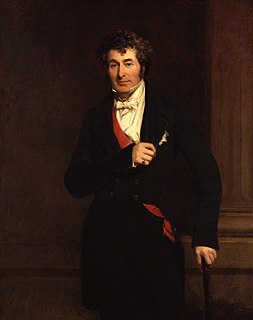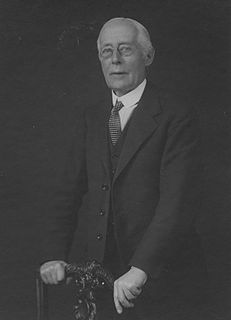A Quote by Livy
No law can possibly meet the convenience of every one: we must be satisfied if it be beneficial on the whole and to the majority.
Related Quotes
Every man, and every body of men on earth, possesses the right of self-government. They receive it with their being from the hand of nature. Individuals exercise it by their single will; collections of men by that of their majority; for the law of the majority is the natural law of every society of men.
We're not children here. The law is-how should I put it? A convenience. Or a convenience for some people, and an inconvenience for other people. Like, take the law that says you can't go into someone else's houseI have a house, so, hey, I like that law. The guy without a house-what's he think of it? Stay out in the rain, schnook.That’s what the law means to him
Opposition can be useful. Every opposition movement is good and useful if it acts within the law... If there are people who act outside the law, then the state must use legal means to impose law in the interests of the majority. That's the way it's done in the U.S. and that's the way it's done in Russia.
We needed to be uncompromising with our workforce, to expect 100 percent of our employees to comply 100 percent of the time with complex and ever-changing government mandates. Striving to comply with every law does not mean agreeing with every law. But, even when faced with laws we think are counter-productive, we must first comply. Only then, from a credible position, can we enter into a dialogue with regulatory agencies to demonstrate alternatives that are more beneficial. If these efforts fail, we can then join with others in using education and/or political efforts to change the law.
While the law [of competition] may be sometimes hard for the individual, it is best for the race, because it insures the survival of the fittest in every department. We accept and welcome, therefore, as conditions to which we must accommodate ourselves, great inequality of environment, the concentration of business, industrial and commercial, in the hands of a few, and the law of competition between these, as being not only beneficial, but essential for the future progress of the race.
There can be no tolerance in a law-system for another religion. Toleration is a device used to introduce a new law-system as a prelude to a new intolerance... Every law-system must maintain its existence by hostility to every other law-system and to alien religious foundations or else it commits suicide
We may conclude, therefore, that, in order to establish laws for the regulation of property, we must be acquainted with the nature and situation of man; must reject appearances, which may be false, though specious; and must search for those rules, which are, on the whole, most useful and beneficial.
When man invented the bicycle he reached the peak of his attainments. Here was a machine of precision and balance for the convenience of man. And (unlike subsequent inventions for man's convenience) the more he used it, the fitter his body became. Here, for once, was a product of man's brain that was entirely beneficial to those who used it, and of no harm or irritation to others. Progress should have stopped when man invented the bicycle.
All writers on the science of policy are agreed, and they agree with experience, that all governments must frequently infringe the rules of justice to support themselves; that truth must give way to dissimulation, honesty to convenience, and humanity itself to the reigning of interest. The whole of this mystery of iniquity is called the reason of state.








































